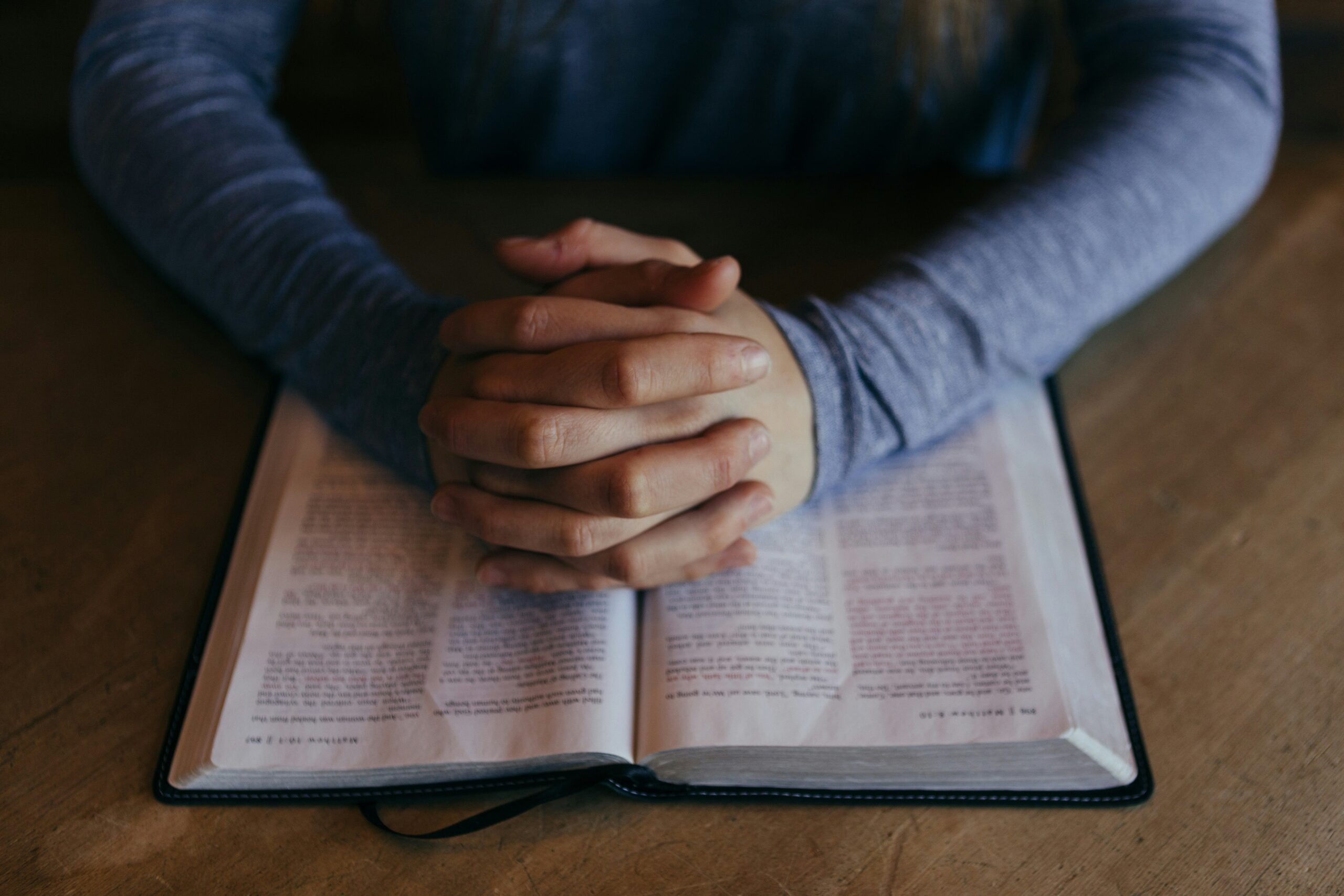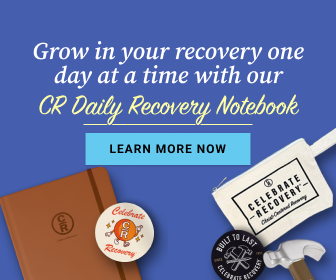Celebrate Recovery
Sabrena’s Testimony

I’m a grateful believer in recovery for codependency and food and body image issues, and I struggle with the symptoms associated with Inattentive ADHD and Complex PTSD. My name is Sabrena.
I grew up in a dysfunctional home with an alcoholic father and a codependent mother. When I was 19 years old, I married my high school sweetheart, who also had an alcoholic father and a codependent mother. We spent the next 20 years carrying forward the dysfunction we grew up in. We further damaged each other and ourselves with the issues we had and didn’t understand how to change.
In 2007, we both got involved in Celebrate Recovery, which started at our church. We’ve spent the last 16 years working on the issues that almost destroyed our marriage and our family. God has done miraculous healing and restoration in both of our lives.
A few years ago, I was doing a Step Study online, and a couple of the participants were working through the step study specifically in the context of their new diagnosis of ADHD. As I listened to their sharing, I could identify with many of the things they were struggling with and learning about themselves. There were other things that I didn’t identify with, so I simply continued to listen and pray. However, I did start researching. As I searched, I also came across information about Complex PTSD (CPTSD), which affects those who have experienced chronic trauma, especially as children. There are symptoms of ADHD that overlapped those of CPTSD, and most of the symptoms I could identify with were those that overlapped.
I started therapy to talk through some relationship issues I was having and began also to discuss whether or not I should be tested for ADHD and/or CPTSD. Honestly, I believed that the testing would show that I didn’t have either, so I was surprised when the test came back indicating that I did, in fact, have both.
One day, as I was at the grocery store and was having a particularly difficult time making a decision, I broke down, feeling broken and overwhelmed. I had spent 17 years working on my codependency, food and body issues, and other compulsive and addictive behaviors that resulted from my childhood trauma. I didn’t want another thing to work on, especially something I didn’t know anything about. I was scared and confused. The beautiful thing is Celebrate Recovery works for any struggle in life, so although I’ve had my negative moments, I know exactly what to do and where to go for support, answers, and healing. So, over the last few years, I’ve continued to learn about my mental health struggles and have applied the tools of recovery to my new journey.
From the time that we included a Mental Health component to Celebrate Recovery, I have embraced it, sharing my experiences with fear, overwhelm, and many other struggles that I now know are rooted in my ADHD and CPTSD. However, I didn’t fully understand what stigma meant until I had been diagnosed and experienced the responses of others to that diagnosis. Friends and family who love me, support me, and are for me sometimes say things to try and make me “feel better” by minimizing or diminish what I struggle with daily, as they believe I see myself as “bad” when I share how my mental health struggles present. That’s a stigma that I didn’t get until I experienced it personally. I’m trying to teach them instead to simply listen, embrace and love me as I am, and support me in learning to accept myself, instead of judging and condemning myself for my struggles, which is what I have always done.
I always thought my mental health struggles were weaknesses that I needed to work on, disciplines that I needed to develop, not understanding they were simply reflections of the way my brain works. It doesn’t mean that I don’t need to learn new ways to manage my struggles or to learn and grow, but I can do it from a place of accepting who I am instead of always trying to “fix” myself.
I’m not sure if I would have been able to handle this at any other point in my life, but because of God’s mercy and grace through the program of Celebrate Recovery, I already have tools that will help me in this new area of recovery.
And even though I still get scared, overwhelmed, frustrated, and so many other things, I am also excited about what God will teach me and show me as I continue in this process of recovery.
Philippians 1:6 says, “And I am certain that God, who began the good work within you, will continue his work until it is finally finished on the day when Christ Jesus returns.” I am also certain that he is continuing the good work in me that he started 16 years ago through Celebrate Recovery, and I’m grateful and ready for it!















